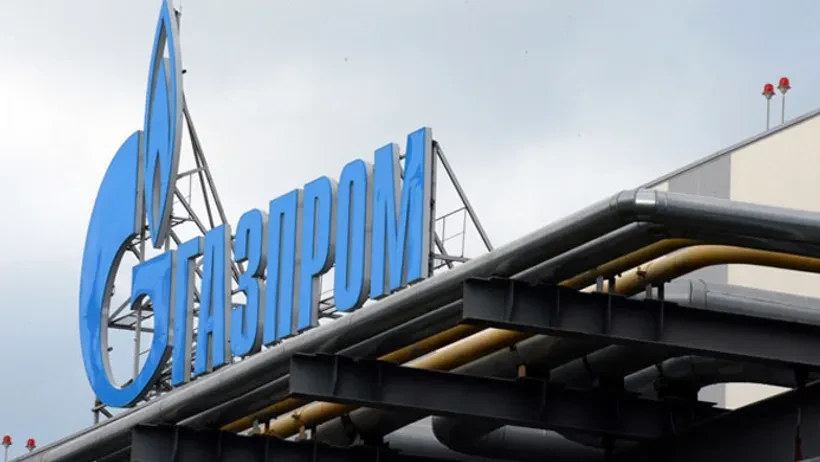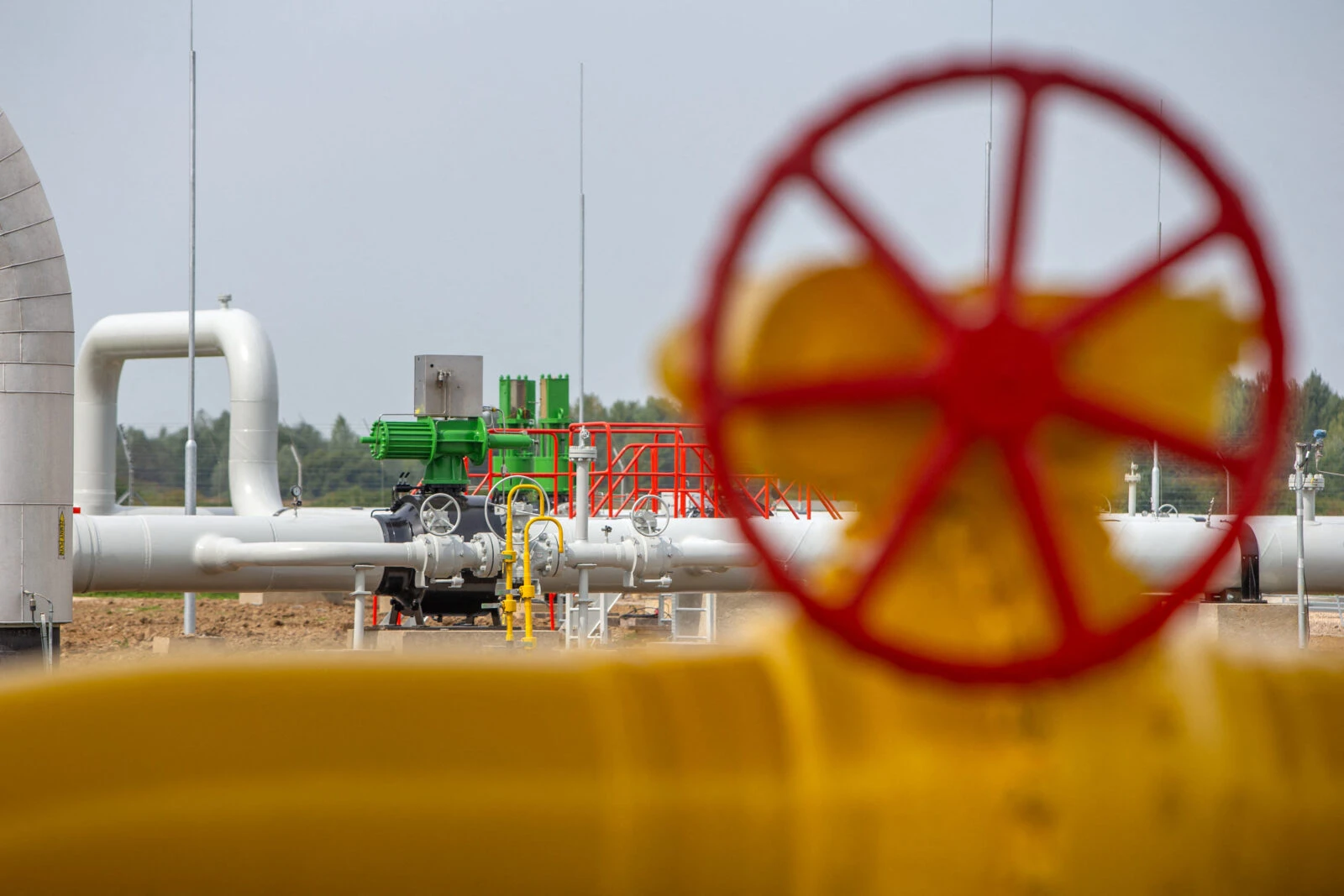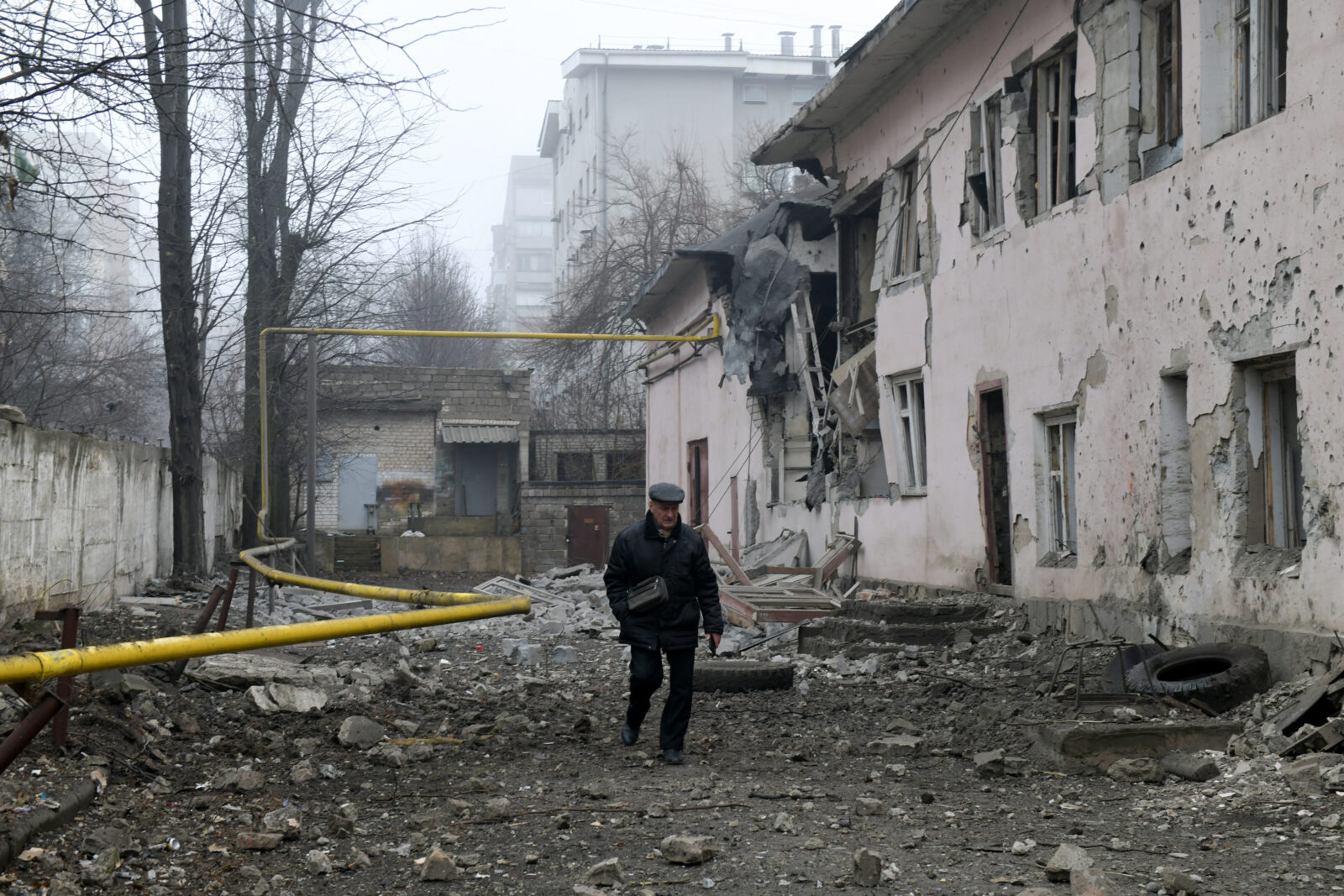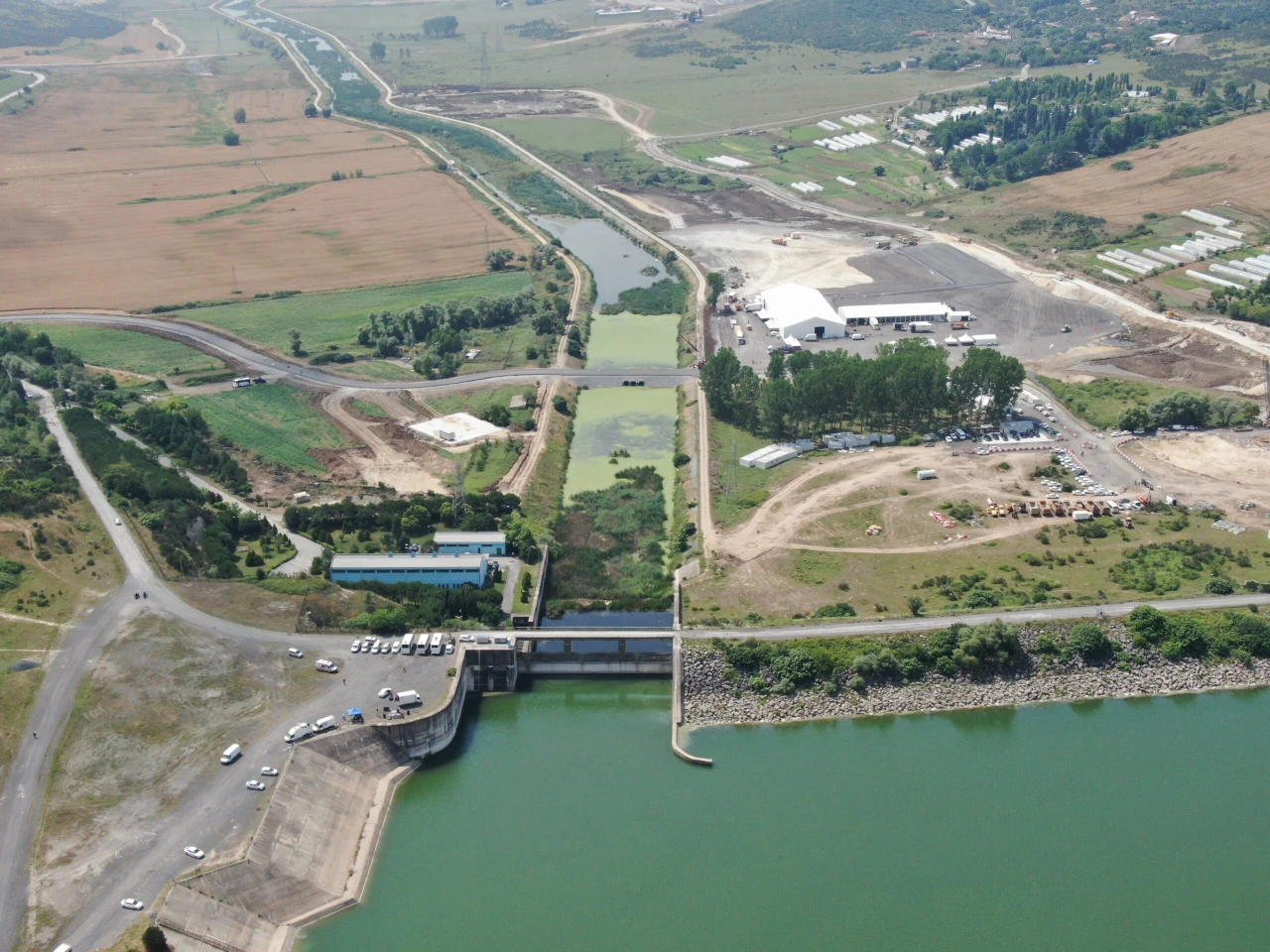US and UK sanction Russia’s Gazprom Neft and oil sector ahead of Biden’s exit
 A view shows the Gazprom logo installed on the roof of building in Saint Petersburg, Russia. (AFP Photo)
A view shows the Gazprom logo installed on the roof of building in Saint Petersburg, Russia. (AFP Photo)
The United States and the United Kingdom on Friday imposed sanctions on Russia’s energy sector, including oil giant Gazprom Neft, just days before outgoing U.S. President Joe Biden leaves office.
The U.S. Treasury Department said it is targeting more than 180 ships, as well as Russian oil majors Gazprom Neft and Surgutneftegas, fulfilling “the G7 commitment to reduce Russian revenues from energy.”
The UK government also announced sanctions against the two companies, accusing them of contributing to Russian President Vladimir Putin’s “war chest” and facilitating the ongoing war in Ukraine.
“Taking on Russian oil companies will drain Russia’s war chest –- and every ruble we take from Putin’s hands helps save Ukrainian lives,” UK Foreign Secretary David Lammy said in a statement.
Gazprom Neft called the sanctions “baseless” and “illegitimate,” according to Russian state news agencies.
“Gazprom Neft considers the decision to include its assets on the sanctions list as baseless, illegitimate, and contrary to the principles of free competition,” a company representative told Russian state media.
Following the announcement, oil prices rose. A barrel of Brent North Sea crude oil for March delivery increased by 2.5%, reaching $78.87 at approximately 11:40 a.m. in Washington (1640 GMT).

‘Heavy legacy’ for incoming Trump
Earlier Friday, Kremlin spokesperson Dmitry Peskov commented on the potential for new sanctions, claiming the Biden administration was aiming “to leave President-elect Trump as heavy a legacy as possible.”
In total, the United States is sanctioning 183 oil-carrying vessels, Russian oil traders, oilfield providers, the two oil majors, and more than two dozen of their subsidiaries, the U.S. Treasury Department confirmed.
“Today, the United States imposed the most significant sanctions yet on Russia’s energy sector, by far the largest source of revenue for Putin’s war,” said Daleep Singh, the Biden administration’s deputy national security advisor for international economics.
“These sanctions will hit hard across every key node of Russia’s oil production and distribution chain,” he added.
Senior administration officials told reporters the measures are intended to give the U.S. additional leverage to help broker a “just peace” between Ukraine and Russia.
Ukrainian President Volodymyr Zelensky praised the U.S. for the sanctions on Friday.
“These measures deliver a significant blow to the financial foundation of Russia’s war machine by disrupting its entire supply chain,” Zelensky wrote in a post on social media platform X.

Timing tied to strong economy
The announcement came just 10 days before Biden is set to step down, placing President-elect Trump in a delicate position given his stated intention to end the Ukraine war on his first day in office.
Asked about the timing, National Security Council spokesperson John Kirby explained that oil markets were now in a “fundamentally” better position compared to the aftermath of Russia’s 2022 invasion of Ukraine, and the U.S. economy was also performing better.
“We believe the moment was ripe right now to adjust our strategy,” Kirby said.
The U.S. State Department also announced additional actions against Russia’s energy sector, targeting nearly 80 entities and individuals, including those involved in the production and export of liquefied natural gas (LNG) from Russia.
Among those designated were individuals in Russia’s metals and mining sector, as well as senior officials at State Atomic Energy Corporation Rosatom.
Ongoing pressure on Russia
Friday’s sanctions are the latest in a series of measures by the U.S. and its G7 allies against Russia’s economy, including its lucrative oil and gas sector, in response to the 2022 invasion of Ukraine.
The U.S. and its allies imposed a price cap on Russian oil to limit petroleum sales and revenues, aiming to prevent a sharp increase in global oil prices.
To circumvent sanctions targeting its oil sector, Russia has resorted to using a “shadow fleet” of aging vessels, often operating under dubious ownership or without proper insurance.



